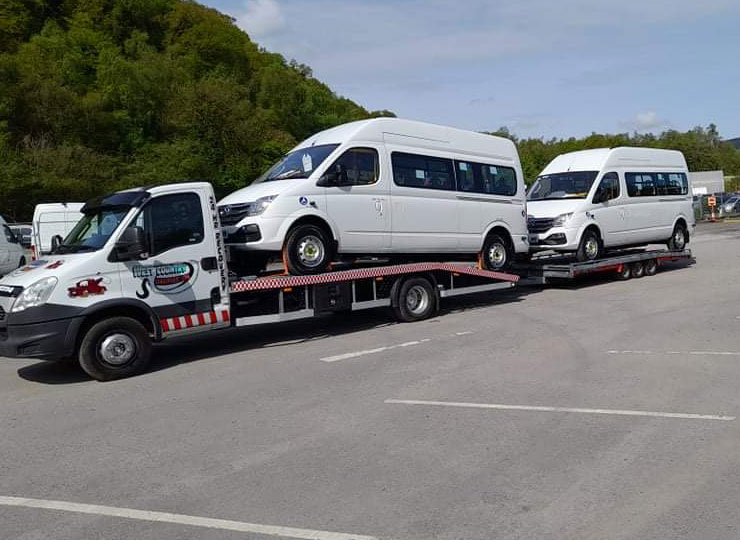Why You Might Need an Extra Battery for Van Life?
The allure of van life—traveling, living, and working on the road—has captivated adventurers worldwide. Whether you’re a weekend warrior or living full-time in your van, having a reliable power source is essential. One common question arises: Do you need an extra battery for van life? The short answer is yes, in most cases, but let’s dive into why and how to make the best decision for your specific setup.
Why You Might Need an Extra Battery for Van Life
1. Powering Appliances and Devices
Modern van lifers often rely on electronics like phones, laptops, refrigerators, lights, and fans. Running these directly off your vehicle’s starter battery can quickly drain it, leaving you stranded. An extra battery, often referred to as a house battery, ensures you have a dedicated power source for these essentials without compromising your ability to start the engine.
2. Maintaining Energy Independence
When you’re parked in remote locations, shore power (like a plug-in source at a campground) might not be available. An auxiliary battery lets you stay off-grid longer, powering your devices and appliances independently of external resources.
3. Avoiding Damage to Your Starter Battery
Starter batteries are designed for short, powerful bursts of energy to start your engine. Frequent use for powering devices can shorten their lifespan. House batteries, typically deep-cycle batteries, are designed to provide steady power over long periods, making them better suited for van life.
Types of Extra Batteries for Van Life
- Lead-Acid Batteries
- Pros: Affordable and widely available.
- Cons: Heavier, require maintenance, and have a shorter lifespan.
- AGM (Absorbent Glass Mat) Batteries
- Pros: Maintenance-free, safer than traditional lead-acid, and moderately priced.
- Cons: Heavier and less efficient than lithium batteries.
- Lithium-Ion Batteries (LiFePO4)
- Pros: Lightweight, long-lasting, highly efficient, and charge faster.
- Cons: Higher upfront cost.
How to Charge an Extra Battery in Your Van
- Alternator Charging
- Your vehicle’s alternator can charge your house battery while you drive. A battery isolator or DC-to-DC charger ensures that the starter battery is prioritized and prevents overcharging.
- Solar Panels
- Solar is a popular choice for van lifers seeking off-grid freedom. Pair solar panels with a charge controller and your house battery for a renewable energy solution.
- Shore Power
- Plugging into an external power source at campgrounds or RV parks can charge your house battery through an inverter/charger setup.
- Portable Generators
- While less eco-friendly, a generator can serve as a backup charging method in cloudy weather or when shore power isn’t available.
How to Decide If You Need an Extra Battery
Ask yourself these questions:
- What are your energy needs? If you’re just charging a phone and a flashlight, you might get by without an extra battery. However, if you’re running a fridge, lighting, and a laptop, a house battery is almost essential.
- How often are you off-grid? Frequent off-grid adventurers benefit greatly from the reliability of an extra battery.
- What’s your budget? While a second battery can be an investment, the peace of mind and convenience it offers are often worth the cost.

Conclusion
For most van lifers, an extra battery is a game-changer, offering reliable power, extended off-grid capabilities, and peace of mind. Whether you opt for a simple lead-acid battery or a high-tech lithium system, adding a house battery to your van setup ensures you can focus on enjoying the open road without worrying about running out of juice.
Ready to take the plunge into van life? Invest in the right power setup, and let the adventure begin!
Dont Miss:














